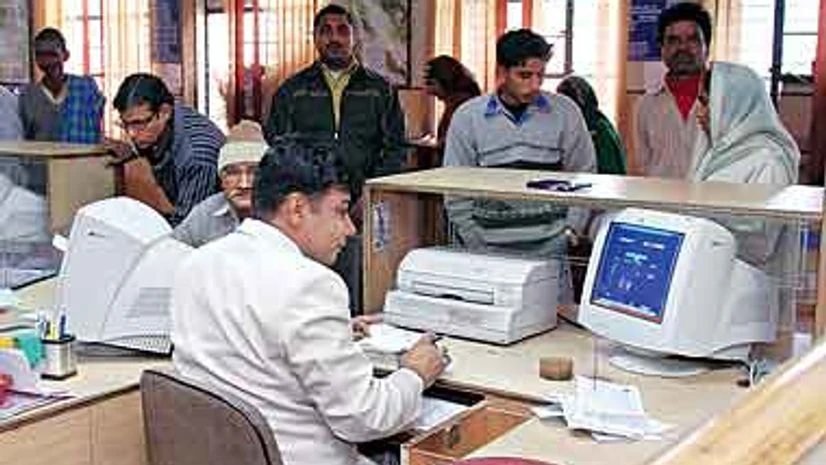It might seem that Finance Minister Arun Jaitley having announced allocation of Rs 25,000 crore in total capital infusion to state-owned banks - with only 20 per cent of that amount tied to their performance - have gone easy on some of them. But if the talk in banking circles is to be believed, performance-based infusion may become the norm in the coming years.
Business Standard has learnt from public sector bank (PSB) executives that it has been communicated to them by the finance ministry that the package should not lull them. They have been told in no uncertain terms that there is no room for complacency and that performance will be the key for further decisions on infusion.
Officials from the banking sector and the government say that what has been committed is to meet Basel III norms and be in a position to lend more to aid an economic upturn. But the banks will have to stand up to scrutiny and a number of performance parameters.
More From This Section
Former financial services secretary D K Mittal said performance will be the primary yardstick of capital infusion, going forward since the government does not have the wherewithal. "There is not much capital available with the government to allocate to the banking sector."
Of the Rs 25,000 crore allotted this year, around 20 per cent (Rs 5,000 crore) will be based on performance. Moreover, this would be allocated in the third tranche. Before this, about 40 per cent (Rs 10,000 crore) would be given to banks that require support in the first phase; every bank will have a capital adequacy ratio of at least 7.5 per cent by 2015-16.
As on March 31, 2015, the banks that had lower than 7.5 per cent common Tier 1 ratio are Indian Overseas Bank, Union Bank of India, Dena Bank, IDBI Bank, Corporation Bank and Canara Bank, according to data sourced from India Ratings (Ind-Ra).
In the second tranche, State Bank of India (SBI), Bank of Baroda (BoB), Bank of India (BoI), Punjab National Bank (PNB), Canara Bank and IDBI Bank would be given similar amounts.
SBI chief economic advisor Soumya Kanti Ghosh said, "Performance is just one of the parameters for capital allocation this year. Since allocation is made based on performance, there will be some amount of mergers and acquisitions (M&As) in the banking system."
However, Mittal said while M&As among public sector banks look difficult, there may actually be convergence of activities such as IT solutions and so on. Last financial year, although Jaitley had proposed a capital infusion of Rs 11,200 crore, only Rs 6,990 crore was disbursed to nine state-owned banks, including SBI, PNB, BoB, Canara Bank and Indian Bank, based on their performance. This had led the other PSBs to cry foul, stating that very narrow parameters had been used to decide which banks made the cut for capital infusion from the Centre. The government had considered only two parameters - return on equity and return on assets.
Sources say that this financial year, the criteria for performance-based third tranche contains a number of parameters on which the banks are likely to be judged, including operating income, the level of non-performing assets (NPAs) these banks hold in their books and their efforts to reduce the NPAs, their ability to manage risk, as well as the cost-to-income ratio. The PSBs' contributions to various schemes of financial inclusion, like the Pradhan Mantri Jan Dhan Yojana, will also be taken into consideration.
'ADEQUATELY CAPITALISED'
- The finance ministry had said in a statement on July 31 that public sector banks as of now are "adequately capitalised", but would need Rs 1.8 lakh crore extra capital over the next four years (up to FY19)
- Of this, the government plans to provide Rs 70,000 crore through budgetary support - Rs 25,000 crore each in current and next financial year and Rs 10,000 crore each in 2017-18 and 2018-19
- Banks would be required to raise the remaining amount of Rs 1.1 lakh crore from the market

)
